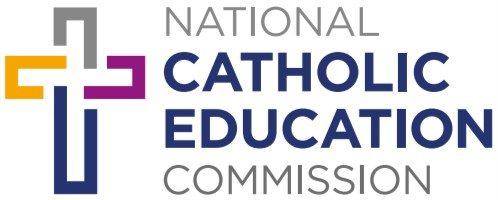Lauretta Graham is the principal of Newman Catholic College in Smithfield, Cairns, a new Year 7–10 school that will grow to Year 12 by 2027. Collocated within James Cook University’s Nguma-Bada Campus, Lauretta combines her roles as teacher and principal, instructing in Mathematics, Technology, and Religious Education. She is passionate about building schools and developing leaders, believing that everyone has the potential to lead when they find their true passion.
With over two decades of leadership experience, Lauretta has served as the foundation principal for three Catholic schools, each unique but deeply rooted in Catholic values. She describes the opportunity to establish new schools as a true blessing, driven by her commitment to strong leadership development and capacity building within Catholic education.
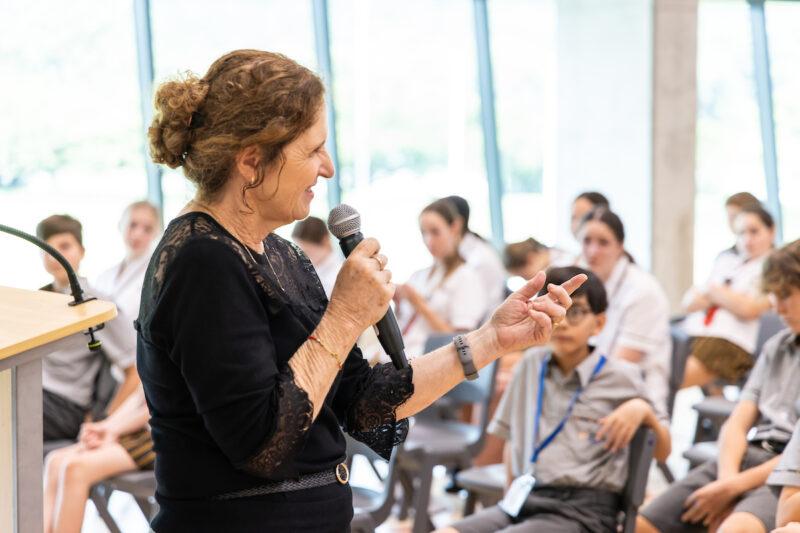
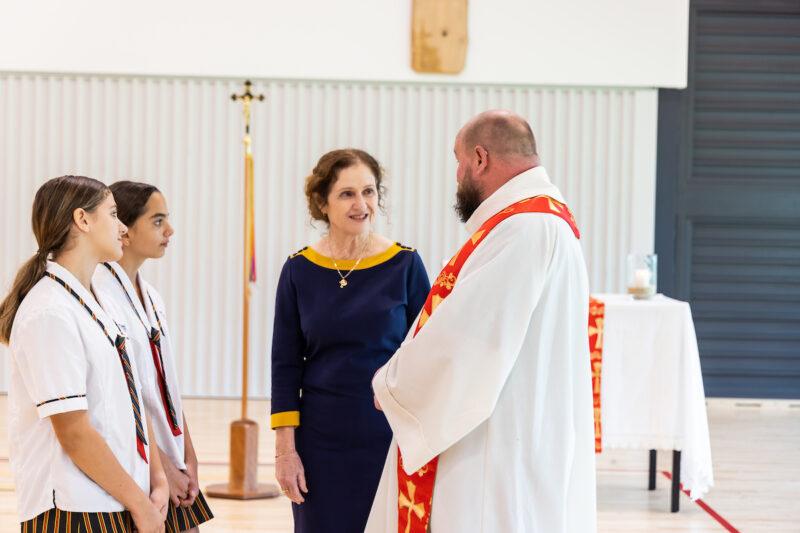
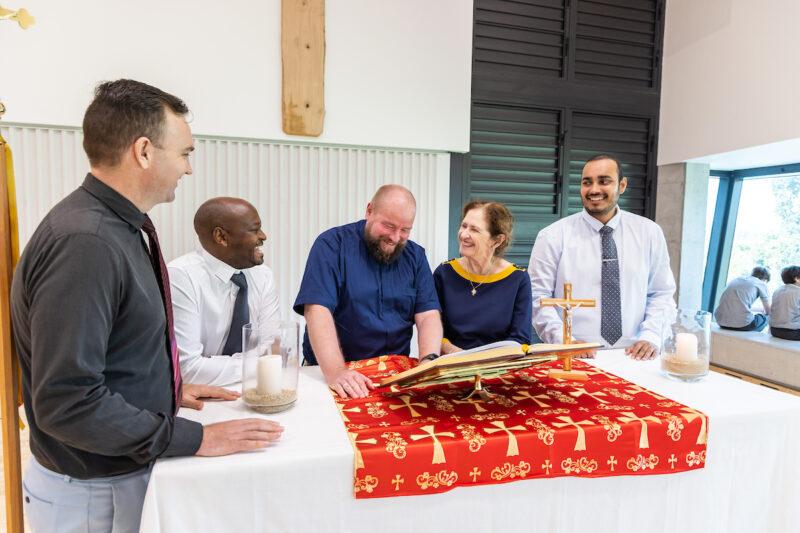
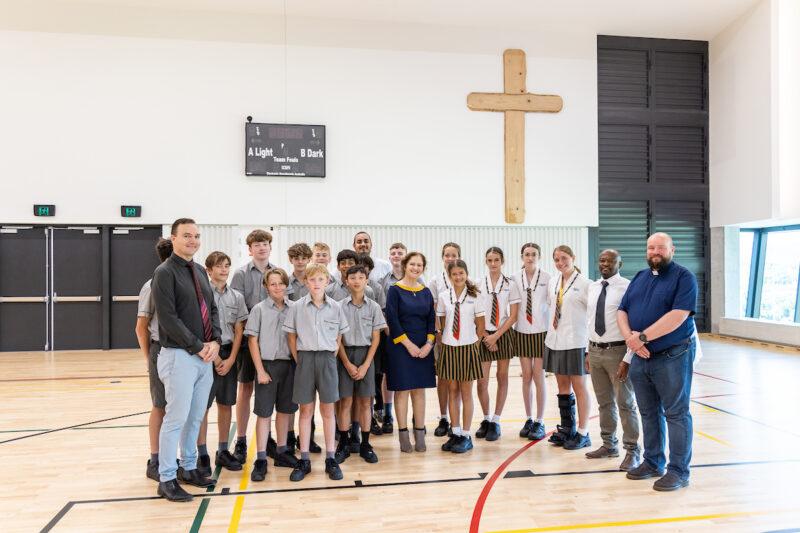
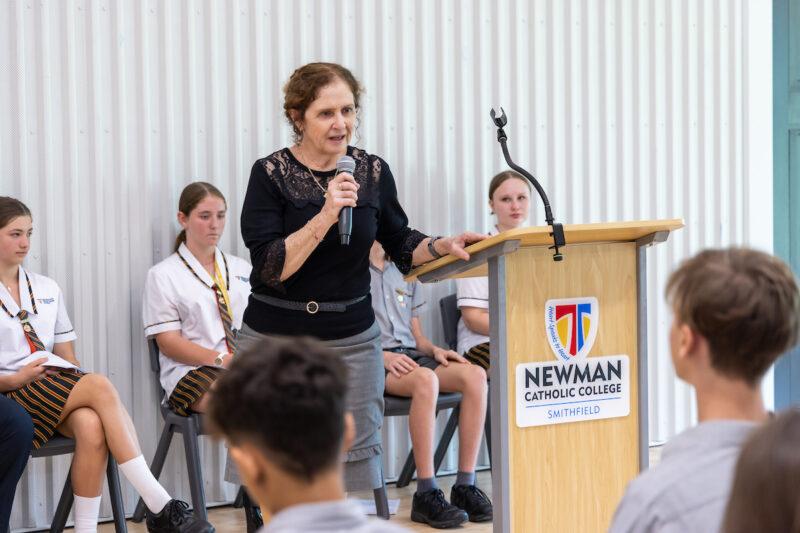
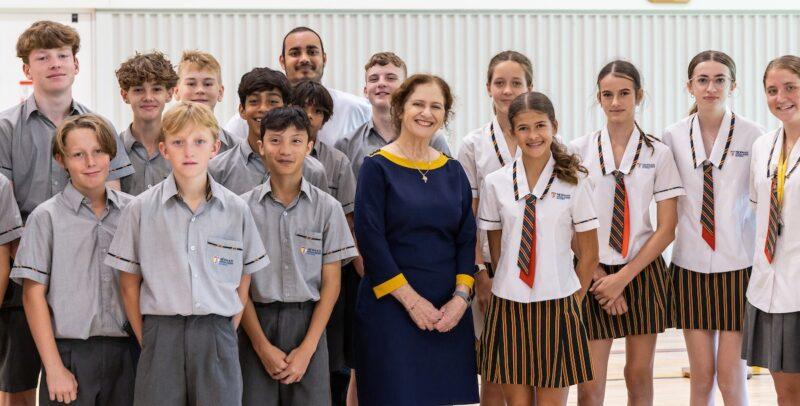
What inspired you to become a teacher in a Catholic school?
I have been fortunate to have grown up in a strong Catholic family grounded and nurtured in a rich and positive parish life experience. My husband and adult children and their families are enriched by Catholic practice through participation in their parish communities.
The engagement of the local parish community and the school’s willingness to build strong parish links is essential to building an authentic Catholic school. Catholic schools cannot exist in isolation. Pope Francis said: “we need to be attentive to the world in which we live.” I cannot be attentive without knowing, engaging and working with the people and their story. The best place to start is within a parish community.
How does your faith influence your approach to teaching?
Faith is fundamental to all that I do as Principal. Connecting school with parish and fostering strong and meaningful relationships with parish pastors I believe is essential. As a Catholic school we are invited to work with the Parish to create places of belonging for students past their school graduation. I believe that Religious Education is taught across the entire curriculum. I believe the reason Catholic education exists is because we share in the same call as John the Baptist in Mark Ch 1 – to bring people to Christ. This is the main reason for Catholic education. Also, In John’s Gospel when Jesus meets some of the disciples of John the Baptist for the first time he says, “come and see”.
Can you share a memorable moment in your career where you felt you truly made a difference?
In fact, three memorable moments/events. Having the pleasure of being invited to establish three vibrant new school communities is such a blessing. Two on greenfield sites and one within James Cook University. One in Darwin and two in Cairns. Newman Catholic College is the first Catholic secondary school to be built within a secular university.
These opportunities have afforded me the opportunity to work with exceptionally, dedicated and generous people. This is nothing other than a gift. People are always our greatest asset. Working together to establish three truly authentic Catholic schools has been a challenge and a pleasure. I believe together we have made a difference to these communities. Pope Francis said: “As Christians, we do not only receive a vocation individually; we are also called together.”
What do you find most rewarding about teaching in a Catholic school, and how do you see it impacting your students’ growth?
For me teaching in a Catholic school is life, not a job. I believe in a Catholic school that is inclusive and life-giving, where the presence of God must be acknowledged in the whole life of the school; a place where the work of the spirit is obvious from the minute someone walks in the front door. Many say you can feel the spirit of a school when you walk through the door. When I state that a Catholic school is communal and inclusive, I am emphasising the relational nature of a functioning Catholic school community. Here, community is central, rather than the individual, and the school seeks to teach individuals how to behave throughout their life within a community. I believe in building the capacity of staff to be masters of their craft as well as developing knowledge in our key learning areas.
Can you tell us a story from your teaching career that inspired you or affected you in a deeply positive way?
When I was leaving St Andrew’s Catholic College a child in year three came running up and said: “Goodbye Mrs Graham, remember I will be a fisher of men even when you are gone”. That was so wonderful to hear.
One day, after a particular incident, in the NT, at MacKillop Catholic College, our senior students insisted on addressing the media and advocating for the school because they believed it was their school. When asked why they believed someone would graffiti their school they said, “They most likely felt jealous and needed not to be punished but invited into the school”. They did just that and the young person attended most lunch times, assemblies and liturgies and worked as a volunteer in the college.
As a teacher, what do you believe is the most important aspect of education that helps elevate the value of teaching in society?
In my opinion, teachers need to display a passionate human response in all they do. As Pope Francis said: Mercy is the Gospel of the Heart.”
Whenever we invite a student to our school, we make a commitment to provide them with the opportunities and support to achieve not only excellent academic growth, but also fundamental lifelong skills such as the art of dialogue and the ability to listen deeply to the diverse views, ideas and experiences of others. Respecting the dignity of each person and supporting students to be authentic and have agency (authority) in their position and empower the agency (authority) of others is important to us. The atmosphere of our college is one which always strives to achieve quality learning and never settles for anything less. The College motto is Heart Speaks to Heart.
